Foods to aid in the relief of Eczema with Mama Nutritionist
01 September 2020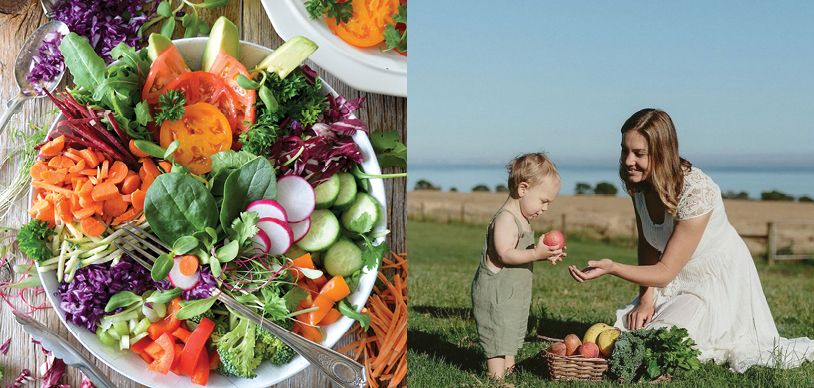
Eczema is a complex condition that can be linked to genetic and environmental causes. But while genetics may load the gun, the environment pulls the trigger, so exploring potential causes like mould, dust, pollen, detergents, animals and food sensitivities is vital. In addition, getting to the root cause of the condition is key in helping to reduce and manage the symptoms.
Equally, we need to ensure our little ones are getting enough of the nutrients relating to skin cell integrity. Often we see deficiencies of essential fatty acids, vitamins A, D + C and zinc, which all play a role in skin health. Additionally, gut health forms the foundation to immune health, and eczema is an immune-mediated response influenced by how we process food through digestion, absorption, metabolism and excretion. So try to ensure your little one's skin and gut health is optimised by including an abundance of the suggested foods below.
Essential fatty acids – Fats help to form the cell wall, and often dry skin can be a result of a low intake of healthy fats in the diet. The best forms are oily fish like mackerel, salmon, trout and sardines, but we know they can be tricky to get into the diet of a child! However, it’s never too late to try, but consider a cod liver oil supplement that will not only look after skin health but also brain development while combating inflammation. Other sources of beneficial fats include avocado, coconut, nuts like walnuts and macadamias, and seeds.
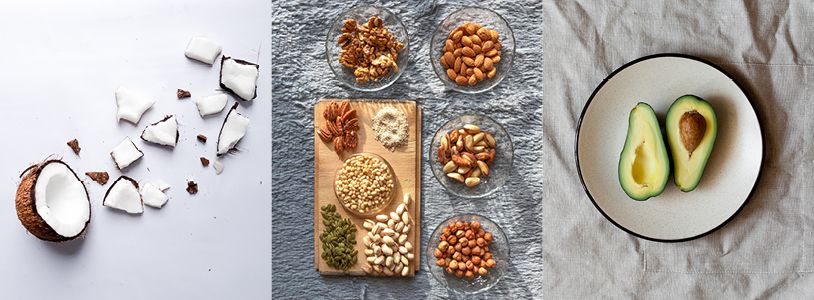
Vitamin A – promotes cell turnover and supports immunity. Rich sources of vitamin A include liver, butter, sweet potato and carrots. The liver is such a nutrient-dense food that you only need a small amount to reap the benefits. Try grating it into spaghetti bolognese, soups or stews or as a pâté on toast.

Vitamin D – this is imperative for immune health, and the best sources of it are found in fatty fish like salmon and mushrooms, and of course, the sun! Vitamin D is a common deficiency in winter especially, so having your levels tested to see if you need to consider supplementation is recommended.
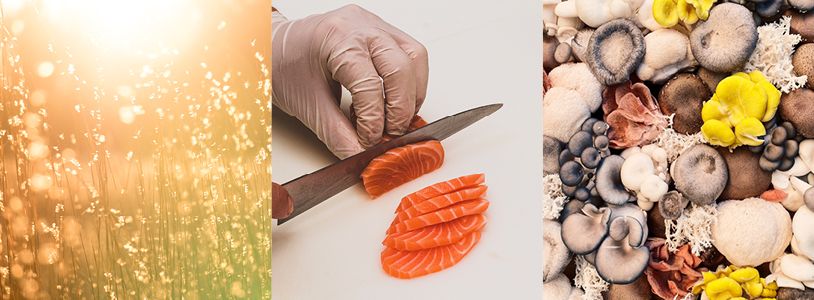
Vitamin C – plays a role in the synthesis of collagen required for healthy skin and is a potent antioxidant required for immunity. Vitamin C is plentiful in fresh fruit and vegetables like capsicum, kiwifruit, citrus and berries.
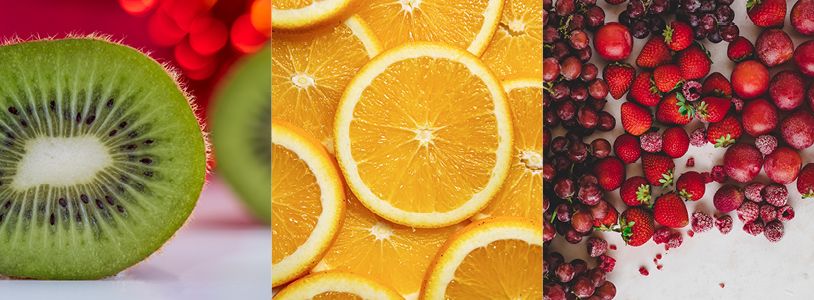
Zinc – essential to wound healing and protecting against oxidative stress. The highest sources of zinc are found in pumpkin seeds, oysters and beef. You can make your own pumpkin seed butter in the blender, which is a simple way of adding it to your children’s porridge, toast or in smoothies.

Fibre – support your gut health by eating a diverse diet full of fibrous foods such as psyllium husks, oats, vegetables with the skin on and legumes. Fibre optimises detoxification and elimination pathways and supports the health of our microbiota.
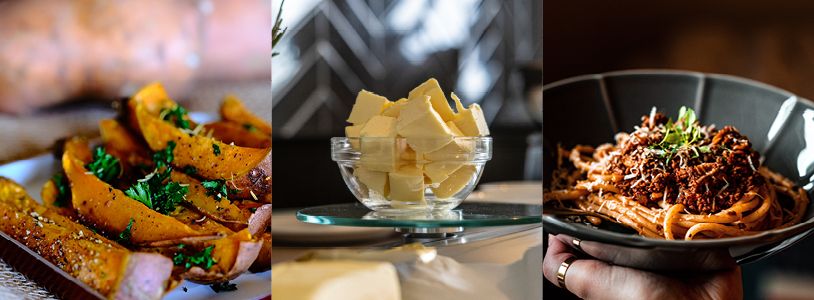
Fermented foods + probiotics – to support gut bacteria diversity, consider fermented foods like sauerkraut, kefir and kimchi, and a probiotic in the diet. One of the most studied strains that have reported benefits in reducing the symptoms of eczema is Lactobacillus Rhamnosus LGG.

Boosting these foods and ensuring adequate hydration will help to support the role of skin cell production and integrity. We also know that stress can affect how we process our food, so a tip to encouraging optimal digestion is not being distracted when eating. Remove the tv, phones, books, toys and anything else that is a disruption and try to sit with your child to practice mindful eating – easier said than done, I know! But noticing food texture, colour, taste – “what does that feel like?” “what colours can you see?” all help to begin the process of digestion in the mouth and stomach to ingest food. There is no point in having the most wondrous diet if we can’t actually absorb the nutrients, so slowing down and paying attention to the creation in front of us goes a long way to reap the benefits of lovingly prepared meals.
Some other ways to help soothe inflamed skin include:
- Oat baths with coconut or olive oils (lukewarm, as heat is exacerbating)
- Ensuring adequate water intake (roughly 30mL x weight in kg)
- Finding natural skincare alternatives
- Avoiding chlorine, perfumes, harsh cleaning chemicals etc
- Sleeping in organic, natural, breathable fabrics like ergoPouch

Kaitlin has a Bachelor of Nutritional Medicine and is a Natural Fertility Educator. She loves to support parents with childhood nutrition through education on nutrient-dense foods and instilling positive food relationships from the beginning. She also is passionate about women’s reproductive health, from preconception through to postpartum. You can find Kaitlin via her website or on Instagram as @mama_nutritionist.











